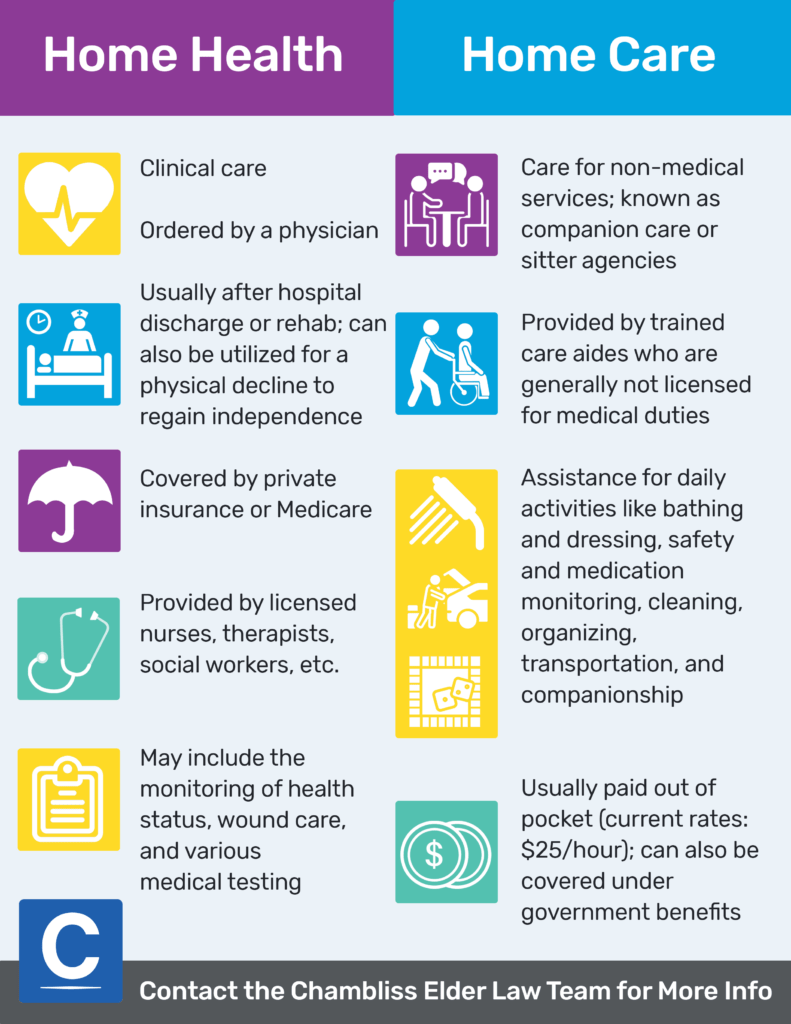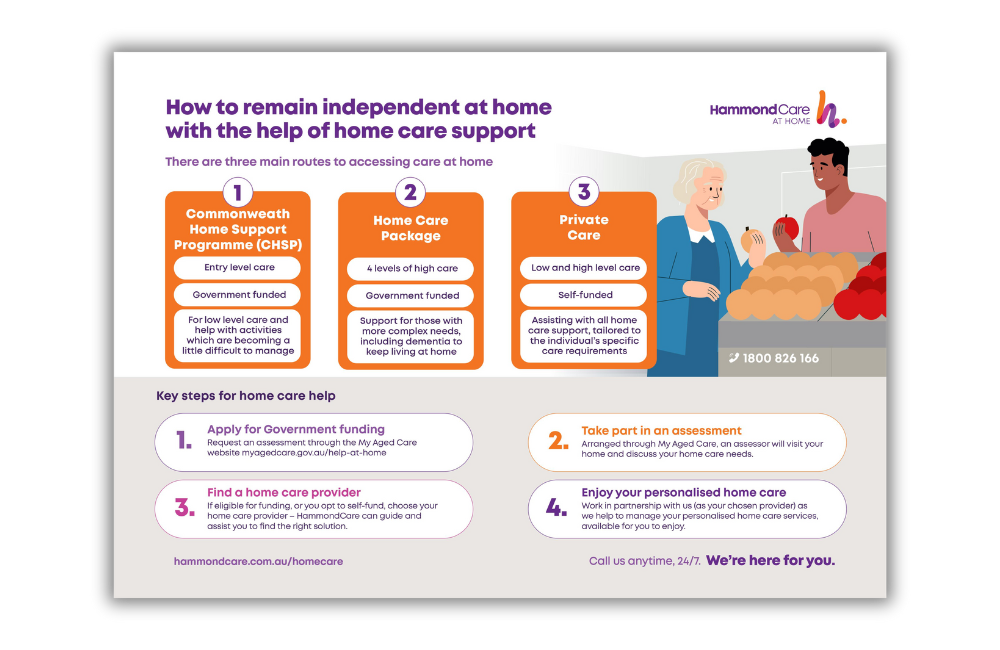Key questions to ask your support at home provider
Key questions to ask your support at home provider
Blog Article
Everything About Home Care Solutions for Individuals With Disabilities: NDIS Registered Assistance
Home treatment services under the NDIS play an essential duty in sustaining people with handicaps. These services are made to enhance everyday living with tailored support, varying from individual like wheelchair assistance. Understanding just how to navigate these alternatives can be complicated. This summary explores the various facets of NDIS home treatment, from offered services to the selection of providers, highlighting crucial factors to consider for those seeking support. The journey towards empowered care begins below.
Understanding the NDIS and Its Objective
The National Disability Insurance Coverage System (NDIS) functions as a transformative structure made to give support and solutions for individuals with impairments. Established to boost the lifestyle and assurance fair accessibility to crucial resources, the NDIS encourages individuals by offering individualized strategies tailored to their unique needs. It intends to foster freedom, making it possible for individuals to seek their individual goals and aspirations.Through a structured approach, the NDIS assigns funding for numerous supports, including education and learning, employment aid, and neighborhood participation. This all-encompassing plan not only concentrates on immediate treatment however likewise emphasizes long-term developmental end results. By promoting choice and control, the NDIS motivates participants to pick their recommended service providers, assuring that treatment aligns with their values and choices. Eventually, the NDIS represents a substantial commitment to boosting the lives of individuals with handicaps, fostering inclusivity, and building a more helpful society.
Sorts Of Home Care Provider Available
Different kinds of home care solutions provide to individuals with handicaps, largely concentrating on personal treatment help and respite care options. Individual care aid supplies necessary assistance with daily tasks, while reprieve care supplies momentary relief for primary caretakers. Recognizing these solutions is important for making sure the well-being of both individuals with specials needs and their families.
Personal Treatment Help
While navigating day-to-day live can offer obstacles for people with impairments, individual treatment help uses necessary assistance tailored to their special needs. This kind of home care solution includes a variety of tasks developed to promote self-reliance and enhance lifestyle. Personal treatment aides help with daily jobs such as bathing, clothing, brushing, and toileting, making certain people preserve individual hygiene and convenience. They may also assist with meal preparation, medicine monitoring, and mobility support. By supplying personalized treatment, these experts empower people to engage more fully in their everyday regimens and social tasks. In general, individual care help plays a substantial duty in cultivating dignity and autonomy for those with disabilities, enabling them to grow in their home atmosphere.

Reprieve Care Options
Reprieve treatment acts as a crucial source for families and caregivers of people with handicaps, giving short-term relief from the needs of everyday caregiving. This kind of solution can take numerous forms, including at home respite treatment, where qualified experts go to the home to assist with care jobs. Households may opt for facility-based break care, where individuals obtain treatment in a specific atmosphere, permitting caretakers to take a break. Furthermore, some organizations use emergency situation respite services for unpredicted scenarios. These alternatives not only assist reduce caretaker tension yet also promote the wellness of people with handicaps by offering them new experiences and social communication. On the whole, respite care plays an important duty in supporting both caregivers and those they care for.

Just How to Accessibility NDIS Home Treatment Providers
Accessing NDIS home treatment services includes understanding the eligibility criteria established forth by the National Handicap Insurance Scheme. People have to browse a structured application process to secure the required support customized to their requirements. This section will clarify both the qualification demands and the steps associated with requesting solutions.
Qualification Requirements Clarified
To receive NDIS home treatment services, individuals must satisfy specific qualification criteria that analyze their conditions and needs. Initially, applicants need to be aged between 7 and 65 years and have a irreversible and considerable handicap that affects their capacity to perform everyday tasks. Additionally, they need to be an Australian person, a permanent citizen, or hold a Protected Unique Category Visa. The NDIS needs proof of the handicap, generally with clinical analyses or reports. Furthermore, people need to demonstrate that they require look what i found support to join economic and social life. These criteria guarantee that services are directed towards those who genuinely need assistance, promoting independence and boosted quality of life for individuals with specials needs.
Application Refine Actions
Can I Pick My Own Assistance Workers Through NDIS?
The specific asked whether they could choose their own assistance workers under the NDIS structure. Normally, participants have the flexibility to pick support employees, promoting personalized treatment that aligns with their details requirements and choices.
What Occurs if My Demands Modification After Receiving Support?
If an great post to read individual's requirements adjustment after receiving assistance, they should interact these changes to their provider. Modifications can be made to the treatment plan, making certain that the support stays effective and appropriate for their circumstances.

Are There Limits on How Numerous Hours of Care I Can Get?
The private asked about prospective limits on the variety of treatment hours got. Generally, such restrictions might exist based upon details plans or moneying setups, stressing the relevance of reviewing agreements and standards routinely.
Can I Use NDIS Funding for Home Modifications?
The inquiry of making use of financing for home adjustments occurs frequently. Generally, individuals might use NDIS funding for required modifications to their homes, ensuring access and safety and security, set upon conference specific qualification requirements and guidelines.
How Do I Take care of Problems Regarding My Home Care Providers?
To deal with issues about home treatment services, people must first record their issues. They can connect directly with their solution company, looking for resolution, or intensify navigate to this website the concern to appropriate oversight bodies if essential. Home care solutions under the NDIS play an essential role in sustaining people with specials needs. Numerous types of home treatment services cater to people with impairments, largely focusing on individual treatment support and reprieve treatment choices. home care package providers. Individual care help provides vital support with day-to-day activities, while reprieve treatment provides short-lived alleviation for main caregivers. Households might choose for facility-based respite care, where people obtain care in a specific setting, permitting caregivers to take a break. How can households properly manage the financial elements of home treatment solutions for people with impairments?
Report this page